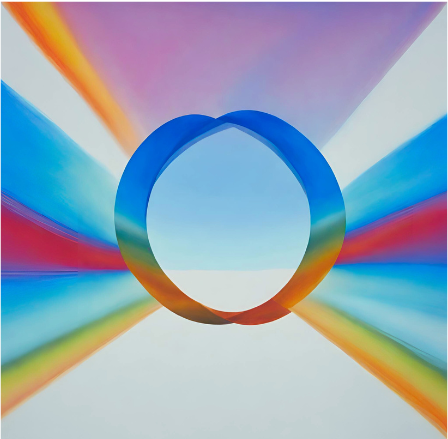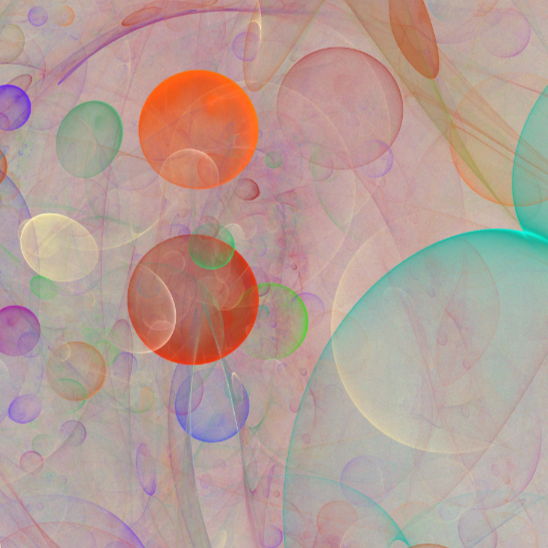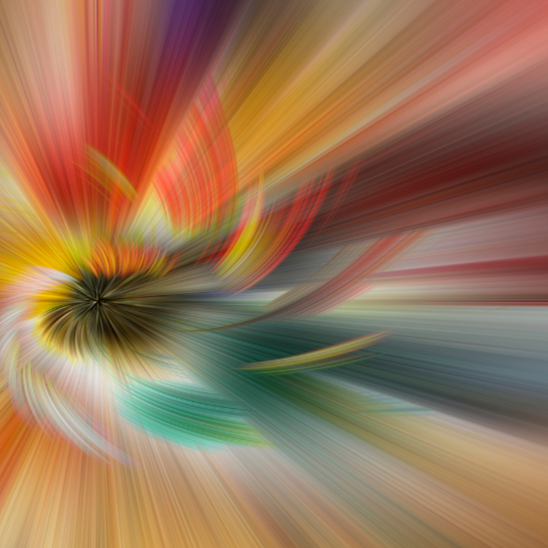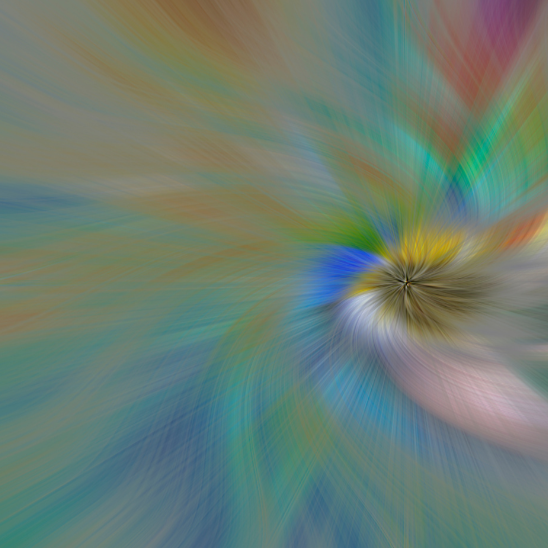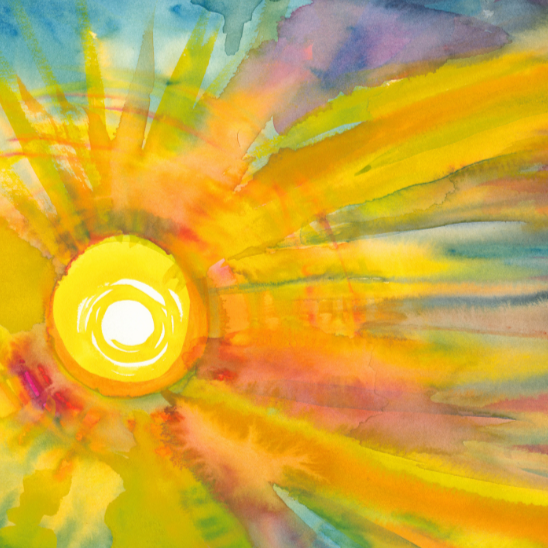How do we value difference?
The concept of unity in diversity is a peaceful paradox that challenges our creative faith and imagination. It asks us to visualize a world bonded by love instead of material hinges, and urges us to act on the belief that differences are meant to work together in a beautiful blend, not because of the individual gift but the divine thread that creates and weaves them. As Dr. Martin Luther King, Jr., explains, “We are caught in an inescapable network of mutuality, tied in a single garment of destiny. Whatever affects one directly, affects all indirectly.”
Being different is one thing we can all share.
In his book, “Normal Sucks,” Jonathan Mooney writes, “While normal has a history, it is not a history of discovery, but a history of invention.” Consider: The SAT, the most widely used college admissions test, was developed in 1926 by a specialist in eugenics, or the study of the manipulation of the human race by selection or control. Almost 100 years later, standardized college entrance testing still transmits a legacy of white supremacy and oppression that disempowers and disables; a recent study highlights the harmful disparities related to social class, standardized test scores, and college attendance.
Normal is a cultural bully, a false promise of acceptance, and a standard of measure to uphold systems designed for exclusion.
People, especially children, are shaped by the layers that surround them, including how they interact with others, how others interact in relation to them, and how structures like cultural beliefs, media, and politics transmit ideologies downstream. Environment matters, and not acknowledging the structural realities of racism, classism, and ableism is nothing more than environmental gaslighting.
To be different is to be human. And thus, difference requires defiance and determination. I am beginning to wonder if normal is an invention of the powerful, designed to propagate discord, confusion, and hostility, by first making us disown our dignity. Because if I dislike my uniqueness, my very identity, how could I possibly love what is different about you?
Many of my students and I read together excerpts of Dr. King’s speech, “What is Your Life’s Blueprint?” He implores his audience to understand their own “somebodiness,” to uphold eternal principles of beauty, love, and justice. Dr. King delivered this speech to junior high students, and I consider it one of Dr. King’s most important messages, because he is preparing his audience to live out their life purpose in a world that dictates insignificance and indifference.
“Don’t allow anybody to pull you so low as to make you hate them,” he said. “Don’t allow anybody to cause you to lose your self-respect to the point that you do not struggle for justice. However young you are, you have a responsibility to seek to make your nation a better nation in which to live.”
